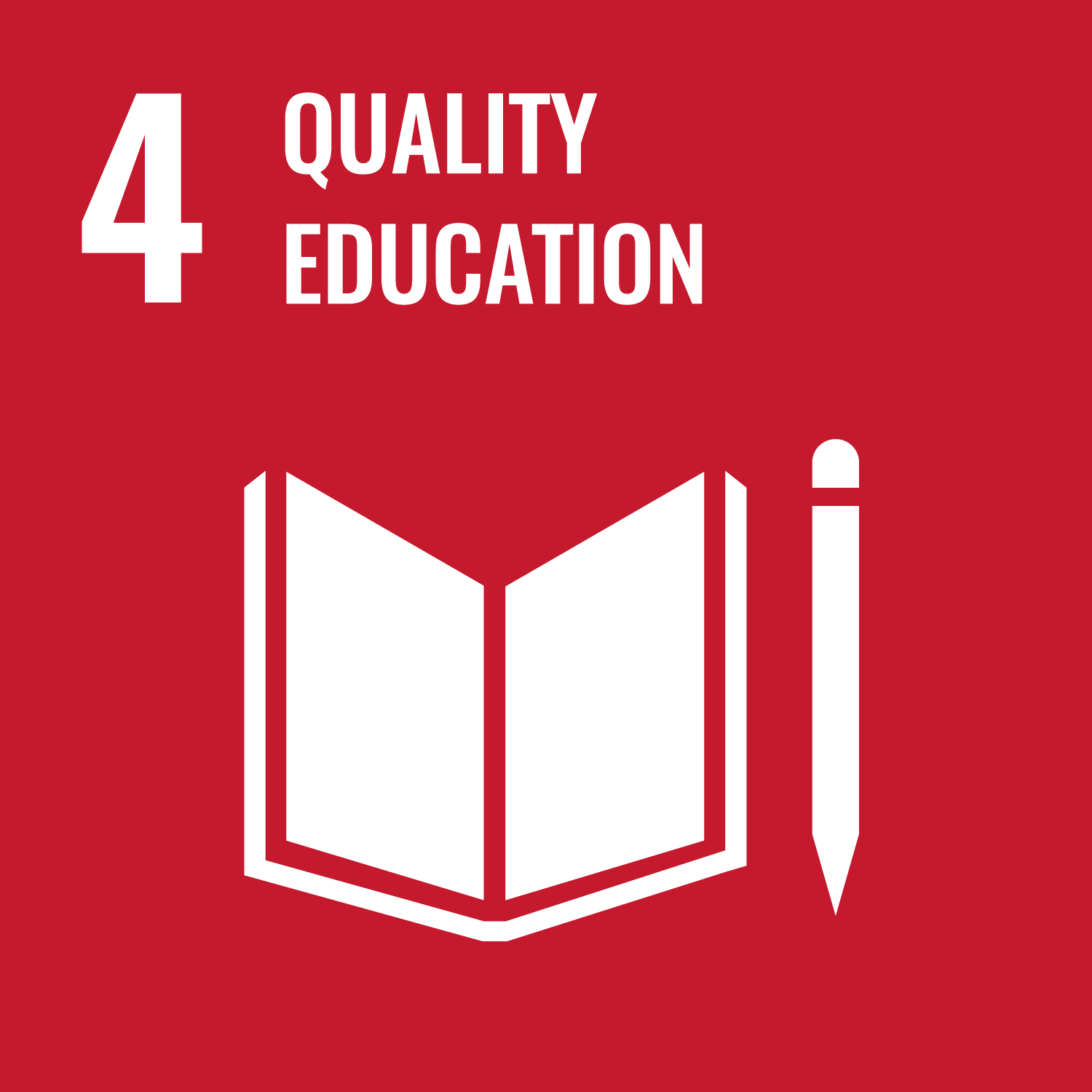Chauhan, A., Staples, A., Forshaw, E. et al. (4 more authors) (2024) Exploring and enhancing the accessibility of children's oral health resources (called HABIT) for high risk communities. Frontiers in Oral Health, 5. 1392388. ISSN 2673-4842
Abstract
Background: Within the city of Bradford in West Yorkshire, South Asian and Eastern European communities have an increased risk of childhood tooth decay, especially among families with Limited English Proficiency. Tooth decay is preventable, with national guidelines advocating home-based behaviours (toothbrushing with fluoride toothpaste and reducing sugar intake). In England, Health Visitors have opportunities to undertake oral health conversations during universal visits for children aged 0–24 months. The HABIT (Health visitors delivering Advice in Britain on Infant Toothbrushing) intervention provides structured oral health conversations, underpinned by complex intervention methodology. A feasibility study found HABIT acceptable to parents, feasible to deliver and led to improvements in home-based behaviours. However, the reach of this original study was limited to those proficient in English. This new study focused on exploring and enhancing the accessibility of the HABIT intervention to parents with Limited English Proficiency.
Method: Twenty-four parents participated in interviews and focus groups, with 21 requesting support from interpreters. Community centres and WhatsApp were used to maximise inclusivity. Interviews and focus groups, followed a topic guide and the “Think Aloud” technique, were professionally transcribed, managed in NVivo, and thematically analysed. Team discussions facilitated analytical rigour. Recruitment continued until data saturation.
Results: Three themes were developed: (1) Navigating linguistic barriers; (2) Engagement through visuals; and (3) Addressing oral health challenges. Parents employed diverse strategies to interpret resources, including Google Translate, as well as family and wider community members. Consequently, the HABIT resources were modified to include simple text, subtitles, and translation tools. Parents highlighted the benefits of shorter oral health messages with clear visuals to help understanding, and this strategy was applied across all resources. Challenges surrounding children's resistance to toothbrushing, high sugar intake within their wider families and communities, and limited dental access were all raised. The HABIT resources were updated to address these challenges.
Conclusion: Collaborative community engagement has enhanced the HABIT resources, enabling access for high-risk communities to preventive oral-health programmes thereby promoting health equity.
Metadata
| Item Type: | Article |
|---|---|
| Authors/Creators: |
|
| Copyright, Publisher and Additional Information: | © 2024 Chauhan, Staples, Forshaw, Zoltie, Nasser, Gray-Burrows and Day. This is an open access article under the terms of the Creative Commons Attribution License (CC-BY 4.0), which permits unrestricted use, distribution and reproduction in any medium, provided the original work is properly cited. |
| Keywords: | intervention, oral health advice, limited English proficiency (LEP), oral health accessibility, dental caries, prevention, early years, community engagement |
| Dates: |
|
| Institution: | The University of Leeds |
| Academic Units: | The University of Leeds > Faculty of Medicine and Health (Leeds) > School of Dentistry (Leeds) > Paediatric Dentistry (Leeds) The University of Leeds > Faculty of Medicine and Health (Leeds) > School of Dentistry (Leeds) > Restorative Dentistry (Leeds) |
| Depositing User: | Symplectic Publications |
| Date Deposited: | 18 Dec 2024 11:49 |
| Last Modified: | 18 Dec 2024 11:49 |
| Status: | Published |
| Publisher: | Frontiers Media |
| Identification Number: | 10.3389/froh.2024.1392388 |
| Related URLs: | |
| Sustainable Development Goals: | |
| Open Archives Initiative ID (OAI ID): | oai:eprints.whiterose.ac.uk:220926 |


 CORE (COnnecting REpositories)
CORE (COnnecting REpositories) CORE (COnnecting REpositories)
CORE (COnnecting REpositories)